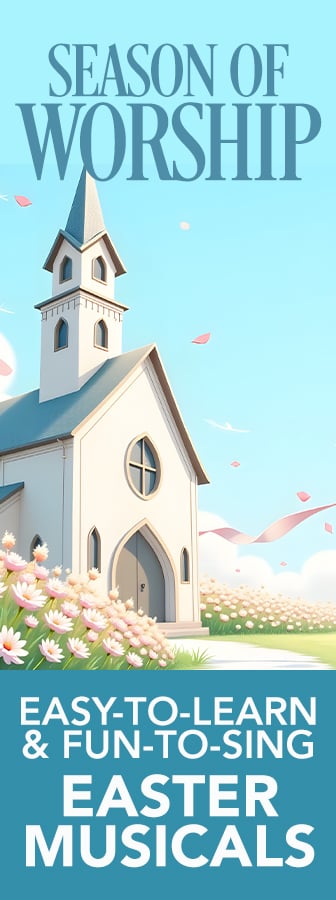
Our worship will only be as expansive as our concept of God. If God’s all-encompassing greatness is diminished in any way in our minds, then so too will be our attempts to worship Him. If we think God is only involved in some areas, then we will only be involved in worship in some areas. There is always a direct correlation between the size of our God and the size of our worship. It is indeed significant that God, by His Holy Spirit, inspired Isaiah to write, “The One forming light and creating darkness, causing well-being and creating calamity; I am the Lord who does all these.” (Isaiah 45:7, NASB)
The first time God inspired a man to write down words on a manuscript He chose to give us the book of Job, scripture’s oldest book. In the book of Job we immediately learn that both the treasures and the testing come from God. Job readily embraces this truth and proclaims, “The Lord gave and the Lord has taken away. Blessed be the name of the Lord.” (Job 1:21, NASB)
I fear that much of our contemporary worship focuses only on certain aspects of God. We worship the parts of God we like; we sing and extol the virtues that bring us comfort and in the process we make God “smaller” and our worship is retarded. There is often a lightness, if not flippancy, evidenced in our forms of worship because we’re only approaching the God of “light” and “well-being,” not remembering the One who creates “darkness” and “calamity.”
Jeremiah tells us that, “When He utters His voice, there is a tumult of waters in the heavens, and He causes the clouds to ascend to the ends of the earth; He makes lightning...He brings out the wind from His storehouses.” (Jeremiah 10:13, NASB) Nahum teaches us that, “His way is in the whirlwind and the storm...” (Nahum 1:3, NASB) Our forms of worship often evidence the fact that we know little of this God of storms, lightning, darkness, and calamity, or if we do we’re not too comfortable with Him. Remember His mercy is equal to His judgment, and His grace is equal to His wrath.
It is an elementary notion of this totally awesome God that can alone incite true worship. If “the fear of the Lord is the beginning of wisdom,” then doesn’t it follow that wise worship should include and involve a heavy dose of reverence for this awesome, sovereign God? So often our worship is self-centered more than God-centered. Next time you find yourself worshiping in song, count the “I’s” and “me’s” in much of our music and ask yourself, “Who am I really thinking about: Him or me?”
Paul gives us perhaps the clearest call to true worship in the book of Romans: “Therefore, I urge you, brethren, by the mercies of God, to present your bodies a living and holy sacrifice, acceptable to God, which is your spiritual service of worship.” (Romans 12:1, NASB) More than forms, more than songs, more than time or finances but rather a literal giving of our very being to Him is what’s required. A laying down of our bodies on the altar of sacrifice – “I must decrease, He must increase!”
The worship that will ascend to the heavens and be received as a sweet savor by a Holy God is less about the song and more about the singer. The sweetest note sounded in our Savior’s ear will be the music of a life humbly and sacrificially lived for Him. With our best effort we could never pen nor sing so beautiful a note. It must be lived!
- by Dallas Holm
---For more resources on developing a scriptural theology of worship, check out more blogs at discoverworship.com.










